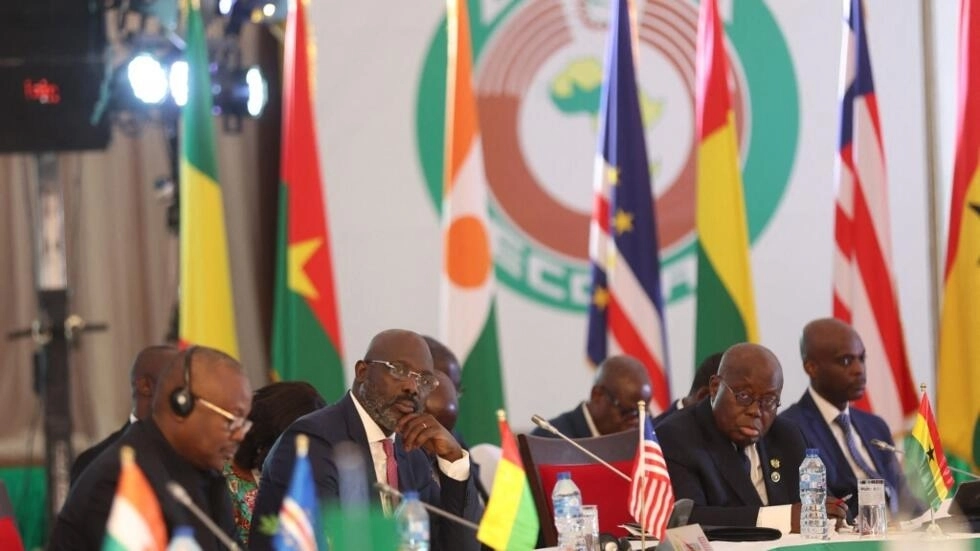West Africa grapples with security crises amid economic and regional integration push

As West Africa charts a bold path toward regional economic integration and technological development, the region remains beset by deep-rooted insecurity and humanitarian challenges, casting a shadow over its progress.
In Nigeria’s capital Abuja, the inaugural West African Economic Summit convened leaders from the West African Economic and Monetary Authority (AEMOA) in a bid to strengthen trade ties, improve infrastructure cooperation, and accelerate digital innovation across the region.
The high-level gathering focused on boosting intra-African commerce and attracting foreign investment, reflecting the continent’s shifting economic ambitions.
Meanwhile, in the tourism sector, global travel firm TUI revealed plans to open its first hotel in Ivory Coast by 2027, underscoring the country’s growing appeal as a coastal destination and Africa’s potential as a key market for international leisure investments.
Healthcare manufacturing is also taking strides forward.
A Nigerian company has ramped up the domestic production of malaria and HIV testing kits, aiming to reduce dependence on imports and expand access to diagnostics across West Africa.
On the governance front, ECOWAS, in collaboration with the European Union, Germany, and Spain, has rolled out new initiatives to bolster peace, improve trade competitiveness, and enhance institutional capacity, according to the Sierra Leone Telegraph.
But even as the region pursues reform and investment, humanitarian needs continue to escalate.
The World Food Programme warns that nearly 52 million people across West and Central Africa are projected to suffer from acute food insecurity during the 2025 lean season.
Ivory Coast, Ghana, and Guinea are among the hardest hit, with nearly three million individuals in emergency conditions and some areas at risk of famine.
In sports diplomacy, tensions surfaced after U.S. authorities denied visas to members of Senegal’s women’s basketball team.
Prime Minister Ousmane Sonko confirmed that the pre-Olympic training camp, originally planned for the U.S., will now take place in Dakar.
Economic diplomacy continues elsewhere, with the Francophonie Economic Mission concluding in Cotonou, Benin, bringing together over 100 French-speaking enterprises to focus on agro-industry, digital transformation, and the creative economy.
Security, however, remains the region’s most pressing concern.
In Niger, a brutal attack by Islamic State militants in the Greater Sahara (ISGS) left 34 soldiers dead and several wounded after military and National Guard facilities in Banibangou were burned and looted.
Counter-operations are underway.
In Mali, Kidal has become the latest flashpoint in a violent struggle involving the Malian army, Tuareg separatists, and Russian paramilitary forces from the Africa Corps.
Dozens have been killed, including civilians, with widespread displacement following jihadist offensives in Timbuktu and Boulkessi by JNIM fighters.
Adding to the strain, Nigeria experienced a surge in cyber threats, with NETSCOUT reporting a sharp rise in distributed denial-of-service (DDoS) attacks in late 2024.
The digital assaults disrupted telecom and IT services, underscoring vulnerabilities in the region’s digital infrastructure.
While political leaders, including Liberia’s President Joseph Nyuma Boakai, rally around economic summits and integration efforts, the dual challenge of building prosperity while securing peace remains West Africa’s defining test.
About The Author
dailymailafric
I am an avid African news observer, and an active member of Daily Mail Africa.
I’m Passionate about staying informed on diverse topics across the continent,
I actively contribute to publishing on political, economic and cultural developments in Africa.



